Having become a highly successful model at the young age of 11, actress Milla Jovovich transitioned to the big screen, where she managed to parlay that success into other side careers, including musician and fashion designer. After gracing the covers of such high-profile fashion magazines as Vogue and Mademoiselle, Jovovich landed her first major feature playing the lead in "Return to the Blue Lagoon" (1991), which earned its share of controversy for displaying the 15-year-old nude onscreen. She had a significant co-starring turn in the acclaimed "Chaplin" (1992) before having her screen time drastically cut to a bare minimum for "Dazed and Confused" (1993), even though the actress was prominently featured in the movie's advertising.
Following a brief hiatus from filmmaking to focus on creating music, an adult Jovovich returned to features and reimaged herself as an action heroine with her turn in Luc Besson's sci-fi action flick, "The Fifth Element" (1997). But it was her turn as the amnesiac Alice in "Resident Evil" (2002) that helped her win a cult following among sci-fi horror aficionados. Jovovich enjoyed a newfound status as a female action star on par with the likes of Linda Hamilton and Sigourney Weaver.
Born on Dec. 17, 1975 in Kiev, Ukraine, Jovovich was raised by Bogich, a pediatrician, and Russian actress Galina Longinova. The family left Kiev in 1981, landing first in London and eventually settling in Sacramento, CA. Jovovich's parents struggled to make ends meet in their new home, with her mother resorting to cleaning houses - among her clients was director Brian DePalma - when her Russian acting credits failed to find her roles in the States. Following a divorce with her mother in 1991, Jovovich's father was incarcerated for five years due to his role in an insurance fraud scheme; he was released in 1999. Meanwhile, at just nine years old, Jovovich expressed interest in following in her mother's footsteps toward acting, leading Longinova to enroll her in drama classes. Her mother also had photographs taken of Jovovich and submitted them to a modeling agency. Almost immediately, she was signed and began landing top print modeling jobs. Famed photographer Richard Avedon featured the 11-year-old unknown in his "Most Unforgettable Women of the World" spots for Revlon.
That same year, Jovovich was the youngest person ever to grace the cover of Mademoiselle. Covers for Vogue, The Face in London and the esteemed Italian fashion publication Lei soon followed, with the in-demand Jovovich pulling down $3,500 a week for her print work. By 1985, she had earned over a million dollars from her modeling work. Growing up in the eye of the fashion hurricane had its pitfalls for Jovovich. She admitted to indulging in the usual teenaged pitfalls like shoplifting and recreational drug use. But her mother remained a steadfast pillar of support and discipline throughout that period. Longinova's theatrical background also prepared her daughter for an inevitable detour into movies, starting in 1988 with a lead role in "The Night Train to Kathmandu," an unmemorable teen drama made for the Disney Channel. Jovovich segued into stranger territory for her next picture, Zalman King's outrageously campy potboiler "Two Moon Junction" (1988), in which she played the younger sister of a sexually overheated Southern girl (Sherilyn Fenn).
In 1991, Jovovich graduated to leading lady status with the glossy "Return to the Blue Lagoon," which required the then 15-year-old to perform partial nude scenes, despite her age. When released on DVD, the film was re-framed to obscure her previously revealed breasts. She also made appearances on American television series like "Married with Children" (Fox, 1987-1997) and the pilot for "Parker Lewis Can't Lose" (Fox, 1990-93), most of which usually cast her for her physical attributes than for her acting ability. In 1992, Jovovich returned to theatrical features with a thankless role as Christian Slater's underage girlfriend in the maligned comedy "Kuffs." That was followed by a turn as silent film star Mildred Harris, who caused a scandal by marrying Charlie Chaplin when she was just 16, in Richard Attenborough's esteemed biopic, "Chaplin" (1992). Jovovich next segued into a small part in Richard Linklater's much-loved cult high school comedy "Dazed and Confused" (1993). However, upon its release, she was used prominently in the film's promotion one-sheets, despite her role being cut down significantly in the editing room.
During the production, Jovovich eloped with a "Dazed" co-star, Shawn Andrews, despite being only 16. Her furious mother intervened and arranged for the marriage to be annulled, after which she dispatched Jovovich to Europe for head-clearing purposes. While there, the teenager recorded an album of ethereal pop songs titled The Divine Comedy (1994), which featured a nude portrait of her as its cover art. The album was largely well-received by fans and critics, yet failed to yield a single chart hit. A 1998 album, The Peopletree Sessions, was released against her wishes by the producer, featuring a harder, more electronic sound than her previous effort. Though by this time Jovovich had revived her acting career, she continued to dabble in music, performing in a band called Plastic Has Memory in 1999, which later contributed a song to the "Underworld" (2003) soundtrack. She also lent her vocals to a 2004 album by the American electronica outfit, The Crystal Method. Ever busy, she later found time to release several songs for download via her web site, millaj.com.
In 1997, Jovovich returned to acting in the ambitious British-French science fiction adventure, "The Fifth Element," co-starring Bruce Willis and Gary Oldman, in which she played an alien "perfect being" and the embodiment of love which would aid in the salvation of the world. Though Jovovich's physical beauty was the core of the character's appeal, "The Fifth Element" required her to co-create and master a 400-word alien language, while performing numerous action sequences. It was her mastery of butt-kicking on screen which helped erase her previous screen image as a fragile porcelain doll. Jovovich went on to marry "Element" director Luc Besson that same year, but the pair divorced in 1999 after a tempestuous relationship. Their final effort together was "The Messenger: The Story of Joan of Arc" (1999), an expensive biopic of the French historical figure. Again, Jovovich rose to the challenge of a demanding physical role, appearing in armor throughout several extensive battle scenes, while holding her own opposite acclaimed performers like John Malkovich, Dustin Hoffman and Faye Dunaway. Though the picture performed moderately at the box office, Jovovich received respectable reviews from impressed critics who were unable to fathom that the girl with the commanding screen presence came from the emotionally vacuous modeling world.
In the wake of her dissolved union with Besson, Jovovich dated several other entertainment figures, including troubled Red Hot Chili Peppers guitarist John Frusciante and wild boy actor Stephen Dorff. She also continued to seek out challenging parts that proved her worth as an actress. She was an abused prostitute in Spike Lee's "He Got Game" (1998), a Portuguese brothel owner in Michael Winterbottom's "The Claim" (2000), and Jeremy Davies' love interest in Wim Wenders' muddled drama, "The Million Dollar Hotel" (2000). During the latter film, Jovovich and Davies later enjoyed a brief relationship - another in a seemingly long series of short-term affairs for the actress. Meanwhile, Jovovich returned to mainstream features with an amusing turn as the severe assistant to Will Ferrell's scurrilous fashion mogul in "Zoolander" (2002), Ben Stiller's fitfully funny parody of the people and attitudes of the international fashion scene. Jovovich's own modeling career continued to blaze brightly as she approached her second decade in the industry; she was a regular face on the cover of top publications for women and fashion, and appeared in print and television ads for L'Oreal, Almay, and Prada; the latter of which considered her something of a muse for its clothing line.
Jovovich's acting career also kicked into high gear when she took the lead in "Resident Evil" (2002), a theatrical feature based on the popular video game of the same name. As Alice, the game's heroine and apparent savior of humanity after a corporate-created virus turns the staff of an underground laboratory into flesh-hungry zombies, Jovovich demonstrated terrific physical agility and an ability to "kick ass and look beautiful while doing it," as noted by the film's director, Paul W.S. Anderson. The picture took in over $102 million worldwide, which spurred very similar, much-maligned and equally popular sequels over the next several years. Meanwhile, Jovovich branched into creating her own haute couture in 2003 with the Jovovich-Hawk clothing line, which she co-created with fellow model Carmen Hawk. By 2006, their creations appeared in over 50 stores around the world and received a nomination for a fashion fund award from Vogue and the Council of Fashion Designers of America. Jovovich also found time to explore less action-packed movies, including the offbeat comedy "Dummy" (2003), playing the punk singer pal of aspiring ventriloquist Adrien Brody, and director Bob Rafelson's little-seen suspense thriller, "No Good Deed" (2003), playing a manipulative criminal moll who helps a kidnapped cop (Samuel L. Jackson) take down a criminal gang.
Returning to the series that made her a true star, Jovovich reprised the shotgun-totting Alice for "Resident Evil: Apocalypse" (2004), which was blasted by critics for being derivative and unoriginal. Nonetheless, the movie made enough money at the box office and with DVD rentals to warrant another sequel. Perhaps her most interesting project during this period was a turn as Drusilla, the mad sister and lover to Caligula (Courtney Love), in Francesco Vezzoli's campy short, "Trailer for a Remake of Gore Vidal's Caligula" (2005), an imaginary trailer for an all-star revamp of Bob Guccione's notorious film. Meanwhile, action hero status inspired her casting as a gun-toting guerilla fighter battling vampire killers in the futuristic thriller "Ultraviolet" (2006), which she followed with a role as an abused woman who turns the tables on her drug dealer boyfriend (Angus MacFadyen) by seducing his friends in the indie crime thriller ."45" (2007). She reprised Alice a third time in the hugely successful, but critically panned "Resident Evil: Extinction" (2007), before co-starring opposite Steve Zahn, Timothy Olyphant and Kiele Sanchez in the little-seen tropical thriller, "A Perfect Getaway" (2008).
After marrying Paul W.S. Anderson, whom she had started dating in 2003 - only to break up briefly before reconciling - Jovovich starred as an Alaskan psychotherapist whose videotaped sessions with a patient offers compelling evidence of an alien abduction in "The Fourth Kind" (2009). The following year, she again played the zombie-killing Alice in the fourth installment of the series, "Resident Evil: Afterlife" (2010), which earned its requisite scathing reviews and yet success at the box office.
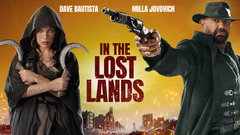


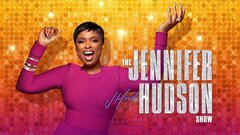






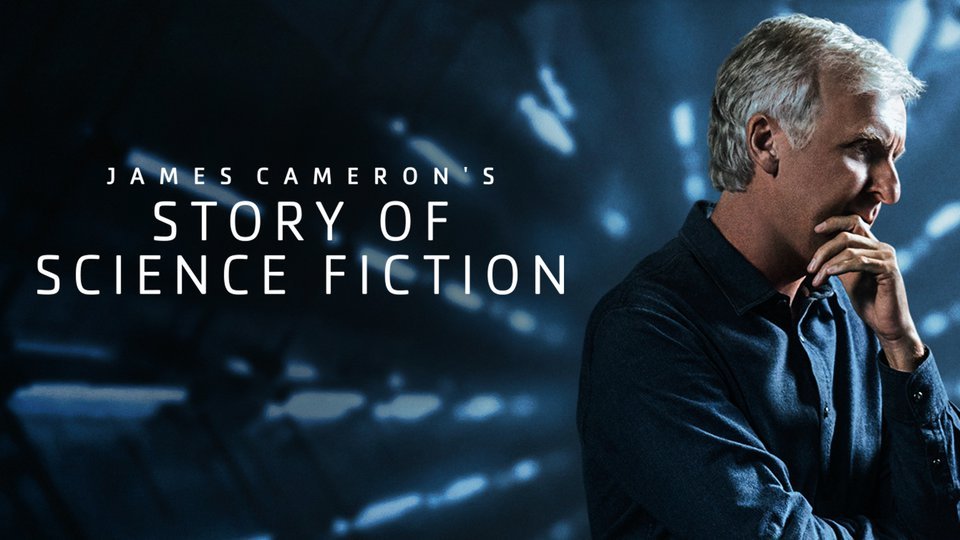




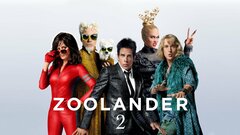





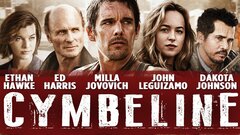



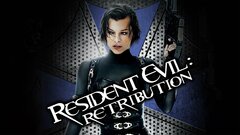



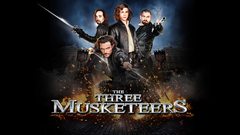





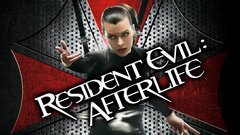
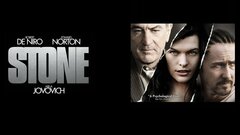
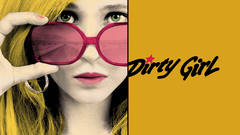

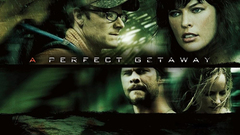





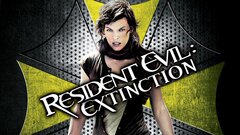





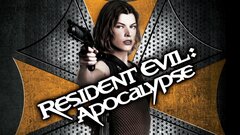



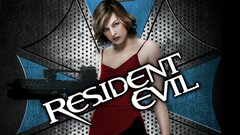


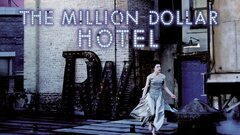




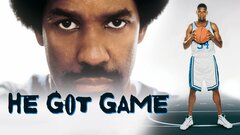
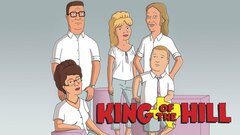
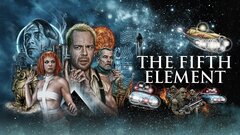



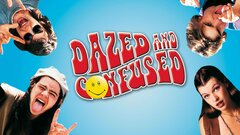


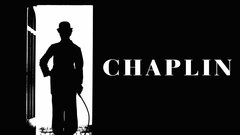

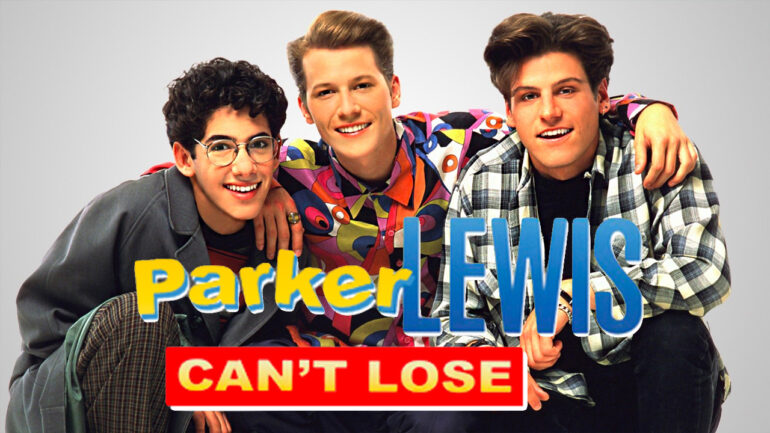
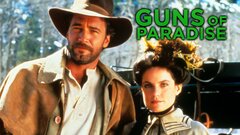

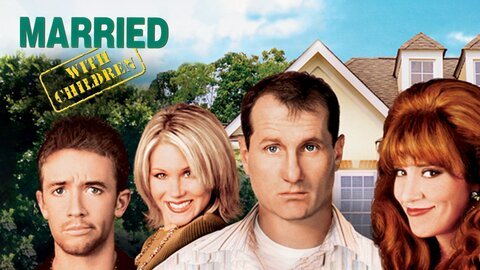



![PARK CITY, UTAH - JANUARY 26: Milla Jovovich attends the 'Paradise Hills' Premiere at the Sundance Film Festival on January 26, 2019 in Park City, Utah. Photo: imageSPACE/SIPA USA (Newscom TagID: sipaphotosnine050860.jpg) [Photo via Newscom]](https://media.baselineresearch.com/images/1923425/1923425_small.jpg)
![PARK CITY, UTAH - JANUARY 26: Milla Jovovich attends the 'Paradise Hills' Premiere at the Sundance Film Festival on January 26, 2019 in Park City, Utah. Photo: imageSPACE/SIPA USA (Newscom TagID: sipaphotosnine050875.jpg) [Photo via Newscom]](https://media.baselineresearch.com/images/1923481/1923481_small.jpg)













































































































































































































































































































































